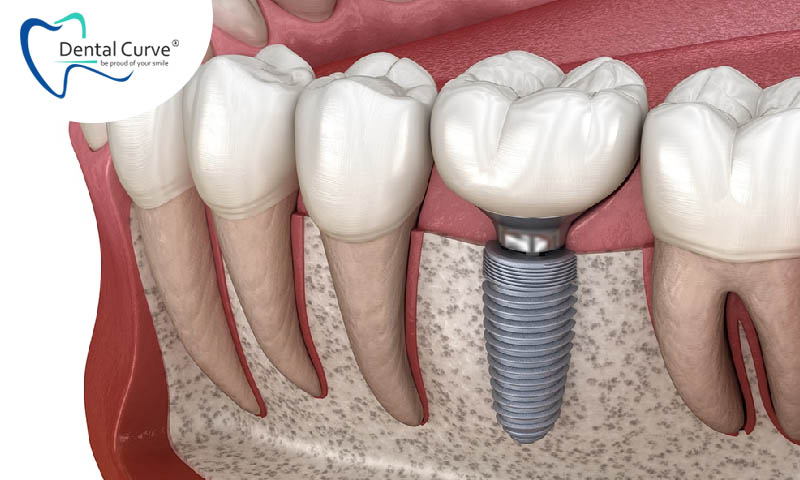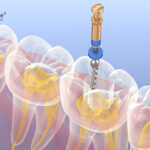Dental implants are a popular and effective way to replace missing teeth. They consist of a small titanium screw that is placed into the jawbone to act as a replacement for the root of a natural tooth. A crown, bridge, or denture is then attached to the implant, providing a stable and secure foundation for the replacement teeth. While dental implants are a long-lasting and durable option for tooth replacement, they do require proper care and maintenance to function optimally.
In this blog, we will discuss some tips for caring for dental implants to ensure that they remain in good condition and continue to serve you well.
First and foremost, it is important to brush and floss your dental implants just as your natural teeth. This will help to remove plaque and food particles from around the implant, which can reduce the risk of gum disease and other oral health problems. Be sure to use a soft-bristled toothbrush and non-abrasive toothpaste, as these will be gentler on the implant and the surrounding tissue. It may also be helpful to use an interdental brush or floss threader to clean around the implant and between the teeth.
It is also important to visit your dentist regularly for check-ups and cleanings. These visits will allow your dentist to examine your dental implants and ensure that they are functioning properly. Your dentist will also be able to clean your implants and remove any plaque or tartar that may have accumulated on them. In addition, your dentist may recommend the use of special mouthwashes or oral hygiene products to help keep your implants clean and healthy.
In addition to proper oral hygiene, it is also important to protect your dental implants from trauma. This can include avoiding hard or sticky foods that could potentially damage the implant or the crown attached to it. It may also be helpful to wear a mouthguard while playing sports or engaging in activities that could put your implants at risk of injury.
Another important aspect of caring for dental implants is being mindful of your overall oral health. This includes practicing good oral hygiene habits, such as brushing and flossing regularly and avoiding tobacco products and excessive alcohol consumption. It is also important to follow a healthy and balanced diet, as this can help to support the health of your teeth and gums.
In summary, dental implants are a durable and effective way to replace missing teeth. However, they do require proper care and maintenance to function optimally. By practicing good oral hygiene, protecting your implants from trauma, and being mindful of your overall oral health, you can help ensure that your dental implants remain in good condition and continue to serve you well for many years to come









